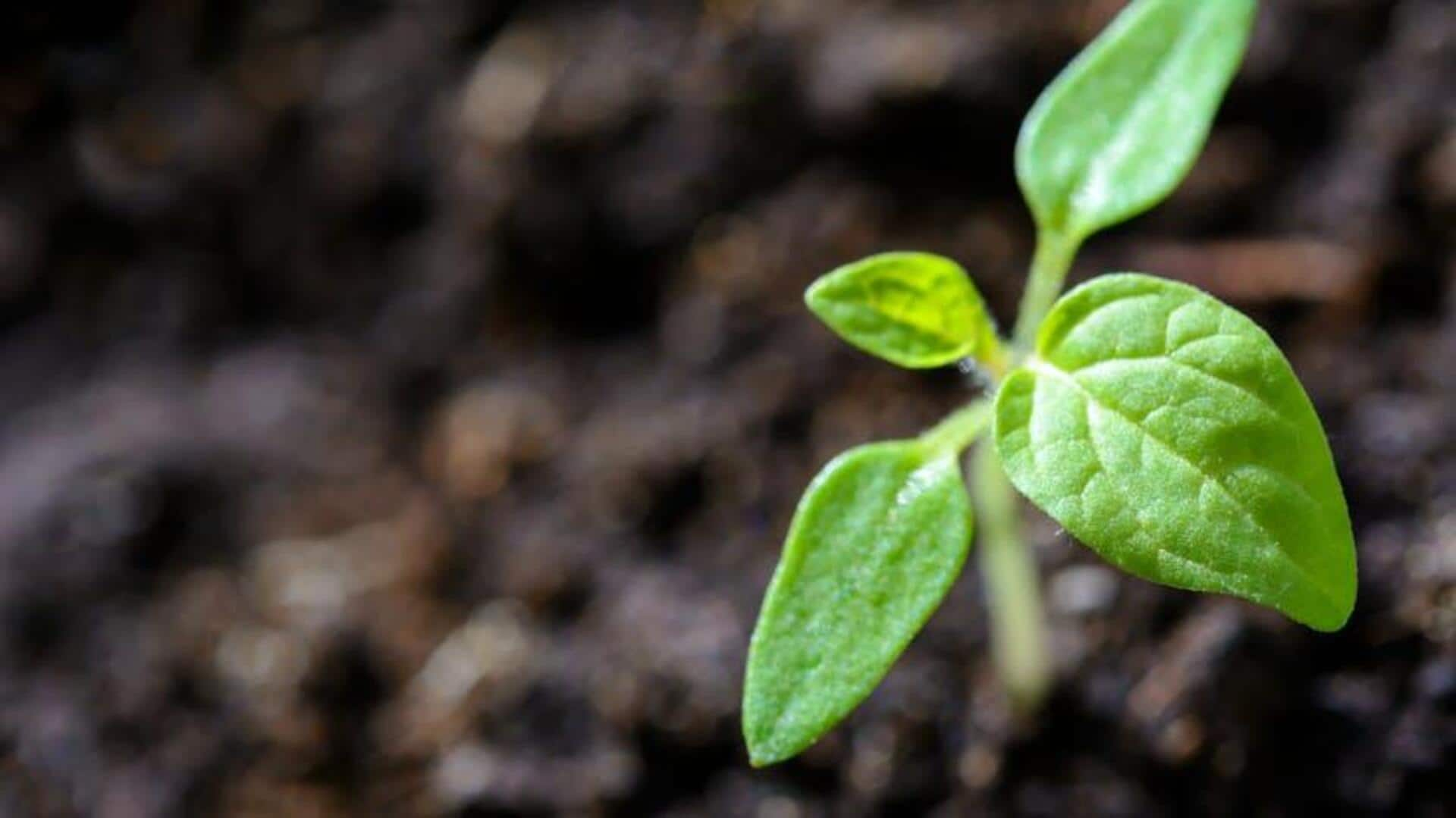
Smart gardening 101: 5 low-cost methods to try
What's the story
Gardening has its own rewards, and it can also be light on the pocket, especially if you follow traditional African methods.
These methods, handed down through generations, are all about sustainability and resourcefulness.
Using these practices, gardeners can save money while keeping their gardens healthy.
Here are five frugal gardening tips inspired by African indigenous methods that focus on natural resources and spending the least money.
Plant pairing
Use of companion planting
Companion planting is basically growing different plants together to help each other out.
Many African cultures commonly use this technique to promote growth and naturally deter pests.
For instance, planting beans next to maize can improve soil fertility due to nitrogen-fixing beans.
This reduces the reliance on chemical fertilizers and pesticides, making you save money while creating a healthier garden ecosystem.
Efficient irrigation
Water conservation techniques
Since many parts of Africa have limited water resources, water conservation is essential.
Using techniques like drip irrigation or clay pots buried in the ground help deliver water directly to plant roots with little to no waste.
These techniques ensure plants get the moisture they need without wasting excessive water, ultimately saving costs on water bills or purchase of irrigation systems.
Natural covering
Utilizing organic mulch
Organic mulch from locally available materials such as leaves or straw helps retain soil moisture and suppress weeds.
African gardening traditions emphasize mulching as an essential practice to keep soil healthy without commercial products.
With organic mulch, gardeners can save on money spent on weed control measures and reduce the frequency of watering their plants.
Harvest preservation
Seed saving practices
Seed saving means collecting seeds from mature plants for future planting seasons.
The practice has been a staple in African agriculture to preserve plant varieties suited to local conditions.
By saving seeds from successful crops, gardeners can avoid buying new seeds every year.
This way, they reduce their expenses while ensuring access to resilient plant varieties suited for their environment.
Natural fertilization
Composting with kitchen waste
Composting kitchen waste is also a smart way of generating nutrient-rich soil amendments at zero cost.
Many African communities have long adopted composting as a method of recycling organic matter back into the earth.
By converting vegetable scraps into compost instead of throwing them away as waste, gardeners enrich their soil naturally without having to spend a dime on commercial fertilizers or additives.